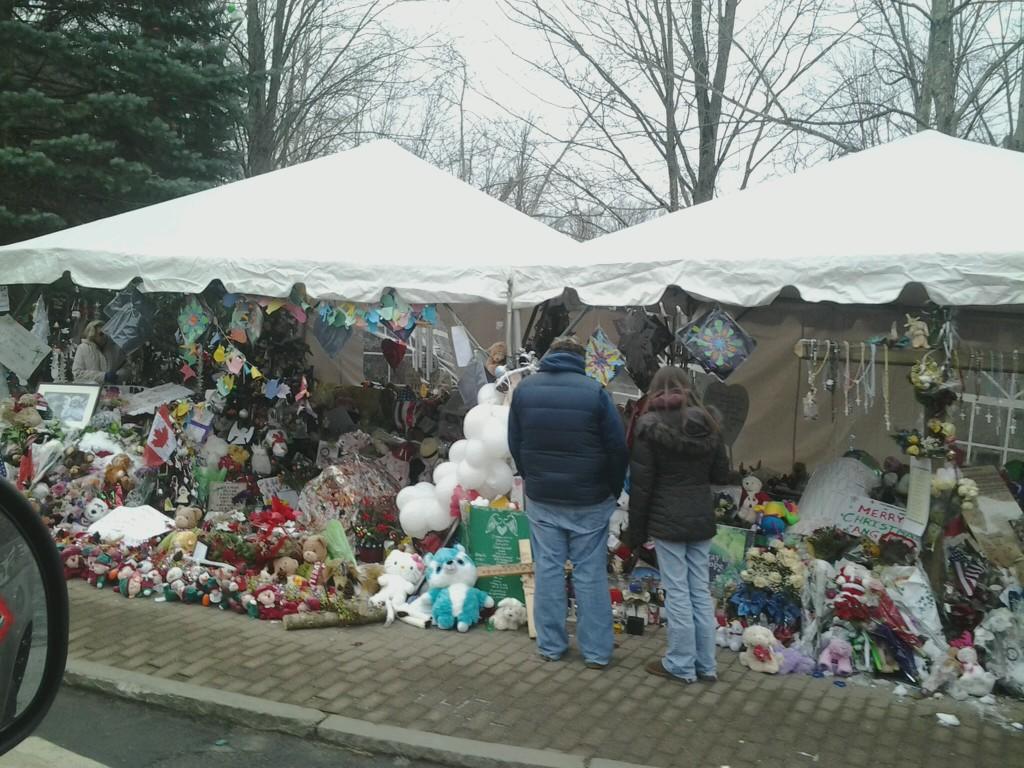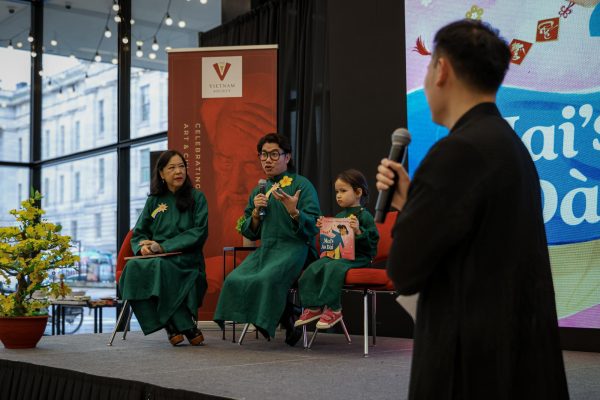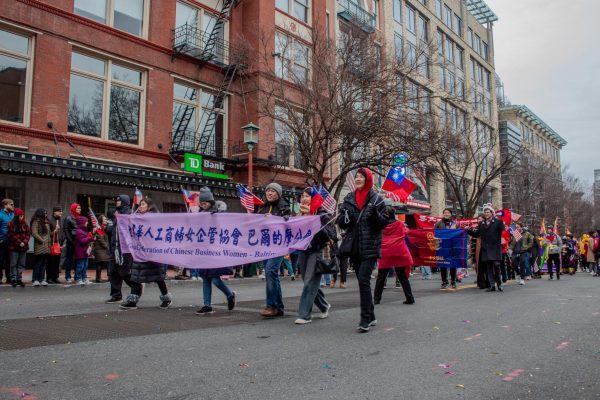Opinion || Addressing gun violence in the wake of another shooting
After yet another public shooting, Americans are left mourning for three more lives that have been taken too soon: Yusor Mohammad Abu-Salha, Deah Baraket and Razan Mohammad Abu-Salha.
Their deaths are three more on the list of hundreds of lives that have ended due to gun violence. Yet nothing has been done about it.
What have we done about the dozens of others that involved young children? Moms? Dads? Regular and ordinary people? What about these victims—when will they be given justice?
With events like Columbine, Virginia Tech and Sandy Hook, those killed by gun violence grows each year. Each year, more families mourn. Every year, more people live in fear sending their children to school, going to the movie theater or walking down the street. And every year, we end in a stalemate with no real legislation.
We lose their stories in the gun debate. They are reduced to numbers, their lives lost to gun violence and their legacy lost to politics.
6,997. That’s how many gun related incidents there have been so far in 2015. That’s 63 days. 2,024 people have died. That’s nearly 32 people a day. In 2010, 67.5 percent of all suicides were with a firearm according to the UN Office on Drugs and Crime. Having a gun in the house has increased the risk of child injury and death so significantly that the American Academy of Pediatrics released a statement urging families not to keep guns in the house in 2000.
These numbers mean that every day, 32 families are forced to mourn the loss of loved ones. Every day, hundreds are affected by gun violence, yet their stories are swept away under the guise of political posturing.
In election years, we hear about our politicians’ agendas and how they are going to make this country safer and better. Yet they have done nothing. No new laws have been passed at the federal level. At the state level only 16 have strengthened their laws, 14 have done nothing and 20 have weakened their laws. How do our lawmakers reconcile this? In the wake of more and more deaths of young people, states actually weakening their gun laws, making it easier for people to get their hands on weapons and do damage to the lives of many, accidental or intentional.
President Obama spoke on the anniversary of the Sandy Hook shooting in December 2013, where he said, “On this anniversary of a day we will never forget, the example we should continue to follow is to be better parents, better neighbors, to give our children everything they need to face the world without fear … because we haven’t yet done enough to make our communities and country safer.”
So if our legislatures aren’t going to change the laws willingly, we need to show them they have no other option. We need to tell Washington that enough is enough and we will no longer stand for the deaths of our people with laws that don’t protect us. We need to address the structural and institutional reasons for gun violence outside of accidents. We must help put a stop to these growing numbers. We must protect not only ourselves but future generations that deserve to grow up in a nation where they can walk down the street without fear and go to school only wishing to learn, not wishing to come home at the end of the day. More, we need to protect our children within the home from accidents.
We need to remind lawmakers of the lives that are gone or have been affected by these great tragedies—each and every one of them. We must remind them that these people had families and they are not just numbers to be put in history books. Their stories must be at the forefront of this revolution if we want our lawmakers to change our laws.
Help be the change this nation needs. Don’t sit on your hands and do nothing because you think this is out of your control. If you stop believing this and actually speak up, others might start following you. And maybe if we all raise our voices, our leaders will have to listen, have to change our laws. But it is up to us to make this change happen. And only us.












